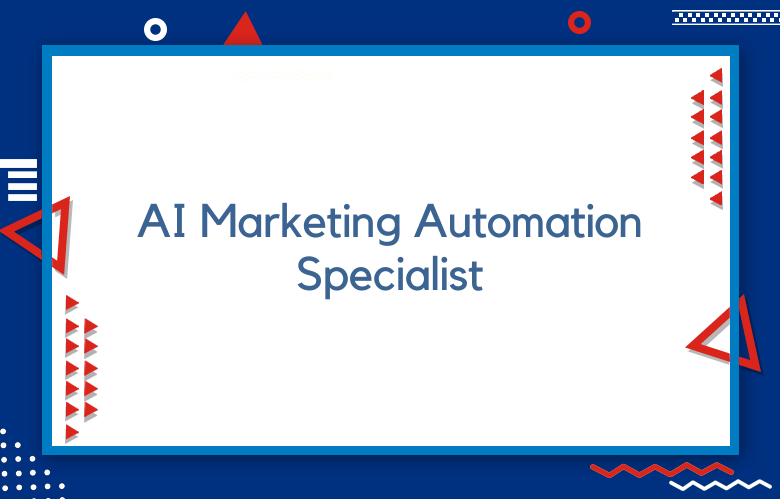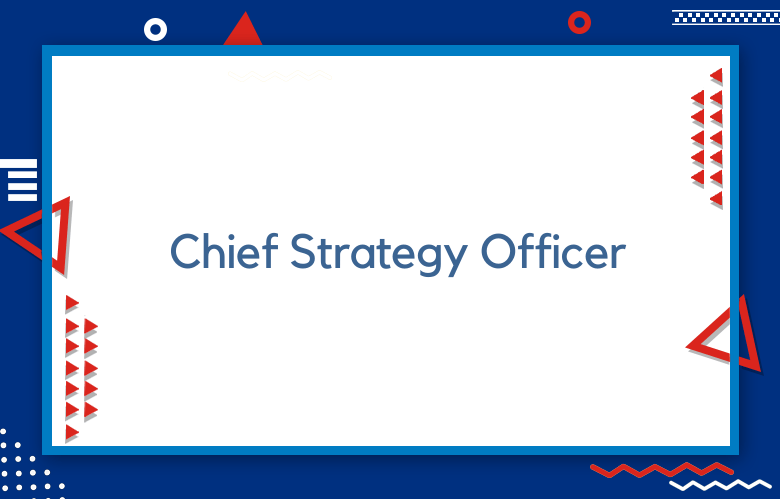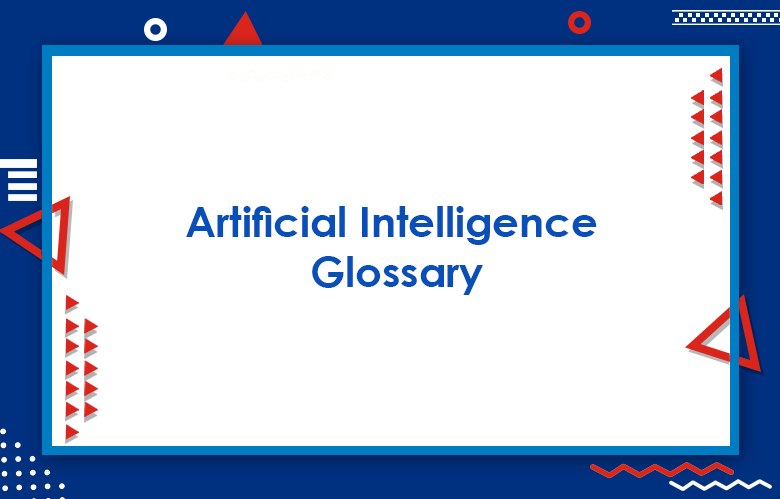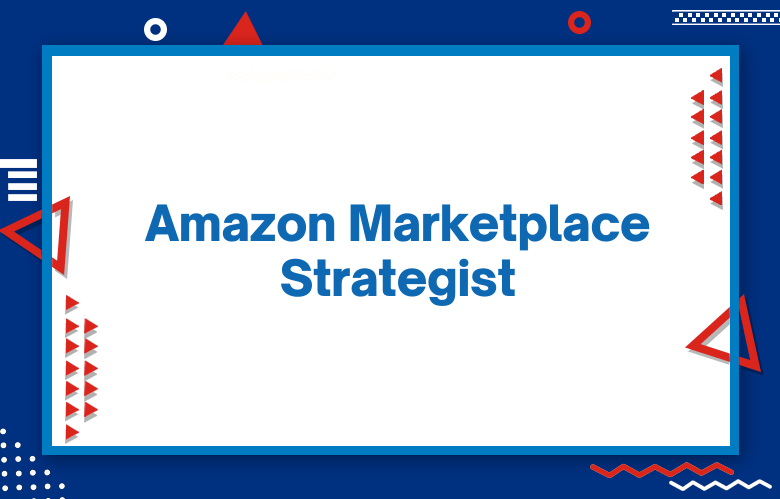AI Marketing Automation Specialist: Roles and Responsibilities

Marketing automation uses software platforms to automate repetitive marketing tasks and enhance efficiency. Artificial intelligence (AI) has revolutionized this process, allowing marketers to predict customers’ needs more accurately and improve their user experience.
Organizations with automated marketing systems must employ individuals with technical skills, such as AI marketing automation specialists, to achieve this. This post explores the roles and responsibilities of AI marketing automation specialists.
Marketing has undergone a significant transformation over the years, and in the current scenario, the entire process is data-driven. Businesses use AI-powered marketing automation tools to streamline their marketing efforts and provide better customer experiences.
AI marketing automation specialists are in high demand. They have the expertise to create and manage marketing campaigns using intelligent automation tools. We will discuss the roles and responsibilities of an AI marketing automation specialist.
Developing and Implementing AI Strategies:
The AI Marketing Automation Specialist is responsible for developing and implementing artificial intelligence (AI) strategies to automate marketing processes. This includes researching new technologies, creating techniques for automating tasks, and testing the effectiveness of automation.
Analyzing Data:
The AI Marketing Automation Specialist must be able to analyze data to identify trends and opportunities for improvement. They must also be able to interpret data from various sources to make informed decisions about how best to use AI automation in marketing processes.
Designing Automation Workflows:
The AI Marketing Automation Specialist is responsible for designing automated workflows to streamline marketing processes and improve efficiency. This includes developing rules-based systems, designing user interfaces, and ensuring all automation system components function correctly.
Managing Projects:
The AI Marketing Automation Specialist must be able to manage projects related to implementing AI automation tools and strategies. This includes setting project timelines, assigning tasks, monitoring progress, and ensuring that projects are completed on time and within budget.
Training Staff:
The AI Marketing Automation Specialist must be able to provide training on how to use automated systems effectively. This includes providing instruction on specific tools or software and guidance on best practices when using automation in marketing efforts.
Troubleshooting Issues:
The AI Marketing Automation Specialist is often called upon to troubleshoot issues with automated systems or processes. They must be able to quickly identify problems and develop solutions to ensure that the system continues running smoothly.
The Role of an AI Marketing Automation Specialist
The role of an AI Marketing Automation Specialist is critical in today’s rapidly evolving digital marketing landscape. With the rise of AI and machine learning technologies, this role has become more critical than ever before.
These specialists are responsible for designing, implementing, and optimizing marketing campaigns using AI-powered tools and platforms.
Effective use of marketing automation technologies can significantly improve marketing campaign performance, increase lead generation, and enhance customer engagement. The role of an AI Marketing Automation Specialist is highly nuanced, requiring a detailed understanding of both marketing and AI technologies.
Responsibilities of an AI Marketing Automation Specialist
Developing Strategies
One of the critical responsibilities of an AI marketing automation specialist is to develop strategies for leveraging artificial intelligence (AI) and machine learning (ML) technologies to automate marketing activities. This involves understanding the organization’s needs, researching available solutions, and developing a plan for using AI and ML to improve efficiency and effectiveness in marketing operations.
Implementing Solutions
Once a strategy has been developed, the AI marketing automation specialist must implement it. This includes configuring AI and ML tools, integrating them with existing systems, training personnel on how to use them, and monitoring their performance. The specialist must also ensure that all data is secure and compliant with relevant laws and regulations.
Analyzing Data
An AI marketing automation specialist must also be able to analyze data from various sources to identify trends and opportunities for improvement.
This involves collecting data from multiple sources such as customer surveys, website analytics, social media analytics, etc., analyzing it using statistical techniques such as regression or cluster analysis, and interpreting the results to make informed decisions about marketing activities.
Optimizing Performance
The AI marketing automation specialist must also be able to optimize the performance of automated processes by making changes based on analysis of data collected from various sources.
This may involve identifying areas where processes can be improved or modified to increase efficiency or effectiveness, testing different approaches, monitoring results, making adjustments as needed, and repeating these steps until optimal performance is achieved.
Measuring Results
The AI marketing automation specialist must also be able to measure the success of automated processes by tracking key metrics such as cost per acquisition (CPA), click-through rate (CTR), conversion rate (CR), etc., over time. They should be able to compare these metrics across different campaigns or channels to identify areas for improvement or optimization opportunities.
Developing Reports
The AI marketing automation specialist must also be able to develop reports summarizing key findings from analyses conducted using data from various sources such as customer surveys, website analytics, social media analytics, etc., and performance metrics from automated processes over time.
These reports should provide actionable insights to inform decision-making about future activities or strategies related to automated processes or digital marketing operations.
Training Personnel
AI marketing automation specialists must have strong communication skills to effectively train personnel on how to use new tools or systems that have been implemented for automating activities related to digital marketing operations; more broadly speaking…
They should be able to explain complex concepts in simple terms so that everyone involved understands what is expected of them when working with new technologies or systems related to digital operations.
What Does a Marketing Automation Specialist Do?
A Marketing Automation Specialist plays a crucial role in streamlining the digital marketing efforts of a business organization. These professionals work towards designing, implementing, and monitoring automated marketing campaigns that enable a business to drive more sales, boost brand recognition, and generate leads, all while saving time and resources.
A Marketing Automation Specialist’s responsibilities vary but can include the creation of workflows that automatically schedule, segment, and distribute targeted emails, creating landing pages and web forms that gather essential user data, and analyzing customer behavior and trends.
They use specialized software tools such as HubSpot, Marketo, Pardot, or Eloqua to facilitate marketing automation and CRM (customer relationship management) processes.
Exploring the Duties of a Marketing Automation Specialist
Marketing Automation is a crucial aspect of modern marketing strategies. As organizations look for new ways to generate leads and drive sales, automating marketing processes has become essential to cutting costs, reducing errors, and achieving better results.
But while marketing automation is a potent tool, implementing and maintaining complex campaigns requires the expertise of a specialist. This is where Marketing Automation Specialists come in.
A Marketing Automation Specialist is a person responsible for managing and executing automated marketing campaigns. From designing email prospecting campaigns to creating sales workflows, their main objective is establishing and maintaining a consistent flow of leads through various marketing channels.
This requires a broad range of skills, including knowledge of marketing automation tools and technologies, experience in data analysis, and the ability to collaborate with other teams, such as sales or customer support.
Understanding the Importance of a Marketing Automation Specialist
Marketing automation has become an integral part of any successful marketing strategy. A Marketing Automation Specialist is a critical hire for any business that wants to take advantage of the benefits of marketing automation.
In today’s digital age, companies have access to vast customer data, and marketing automation can help them use this data to design highly targeted and personalized campaigns. A Marketing Automation Specialist can help to streamline this process and ensure that campaigns are optimized for maximum impact.
One of the primary reasons why a Marketing Automation Specialist is so important is that they are experts in using marketing automation software. These tools can be potent but complex and require a deep understanding of marketing principles. A specialist can help to ensure that these tools are being used to their full potential and that campaigns are optimized for success.
Implementing Effective Email Marketing Flows
Email marketing has become an essential component of every business’s marketing toolkit, as it is a cost-effective and efficient way to communicate with customers; however, while many companies send promotional emails, not all convert readers into customers effectively.
Delivering the right message to the right people at the right time is essential to achieve the desired outcomes. To do so, implementing adequate email marketing flows is necessary.
The first step in building an adequate email marketing flow is identifying your target audience. It is essential to have a comprehensive understanding of your audience’s needs, preferences, and behaviors to deliver emails that cater to their interests.
Segmenting your email list based on demographics, behaviors, and interests will help ensure that your emails are delivered to the right people, increasing the chances of conversion. Personalization and customization of the emails, such as adding the recipient’s name, location, and past purchase history, can also significantly impact the recipients.
Creating a Strategic Social Media Marketing Plan
Social media has emerged as one of the most powerful marketing tools, offering a wide range of opportunities to reach the target audience, create brand awareness, and drive engagement and conversions. However, it can be challenging for businesses to develop the right strategies to maximize their investment returns in the ever-evolving social media landscape.
Creating a strategic social media marketing plan requires a data-driven approach encompassing an in-depth analysis of the target audience, industry trends, and competitor activities.
First and foremost, it is crucial to identify the primary target audience and understand their social media behavior, interests, and preferences. This can be achieved through surveys, data analysis, and social media monitoring tools.
Staying Ahead with Market Trend Research
In today’s ever-changing market, businesses must stay ahead of the curve and keep up with the latest trends. As a result, conducting market trend research is crucial to ensure continued success and growth. Businesses can stay ahead of their competition by analyzing current market trends, identifying potential opportunities and risks, and making informed decisions.
One of the primary benefits of market trend research is the ability to gain insights into consumer behavior. Businesses can adjust their strategies and offerings to meet evolving market demands by tracking customer preferences and habits. This, in turn, can lead to increased sales and customer loyalty.
Conducting A/B Split Tests for Better Campaign Results
In today’s highly competitive digital marketplace, businesses of all sizes and industries constantly seek ways to optimize their marketing campaigns and improve their bottom line. One such strategy that has gained increasing popularity in recent years is A/B split testing.
This technique involves creating two variations of a marketing asset, such as an email subject line or an ad banner, and sending them to different segments of your audience. By comparing the performance metrics of each variation, you can identify the most effective strategy and implement it in future marketing efforts.
The benefits of A/B split testing are numerous and can lead to a significant improvement in campaign results. For example, this process allows marketers to identify the most resonant messaging, engaging visual elements, and the optimal timing and frequency for their outreach efforts.
Split testing can help reduce the risk of costly marketing mistakes by providing concrete data on which to base future decisions.
Crafting Impactful Advertising Campaigns
In today’s ever-evolving digital landscape, crafting impactful advertising campaigns has become paramount for businesses looking to stay ahead of the competition.
With numerous communication channels available to marketers, including social media, email, search engine ads, and content marketing, developing a holistic and well-planned advertising strategy has become imperative.
Understanding the target audience is one of the most crucial aspects of crafting an effective advertising campaign. Businesses can create advertisements that resonate with their target market’s needs and wants by analyzing demographics, interests, behavior, and purchasing patterns.
Effective campaigns are designed with a deep understanding of the audience, allowing businesses to connect with their customers personally.
Conclusion:
AI marketing automation specialist’s roles and responsibilities are all geared toward improving the performance of marketing campaigns and customer engagement. They work collaboratively across teams, utilizing their sophisticated technical skills to interpret customer data and enhance organizational effectiveness.
They remain vigilant in staying current with the latest AI and digital marketing trends and consistently strive for innovation and improvement. Their contribution is critical to organizations seeking long-term success in marketing automation and delivering excellent user experience.
AI marketing automation specialists are critical in optimizing marketing efforts and improving customer experiences. They must deeply understand marketing concepts, data analysis techniques, and AI-powered automation tools.
They must stay up-to-date with the latest trends and always be on the lookout for new and innovative marketing strategies. If you’re a business looking to leverage AI for your marketing efforts, hiring an AI marketing automation specialist should be a top priority to remain competitive in today’s data-driven world.
Call: +91 9848321284
Email: [email protected]



